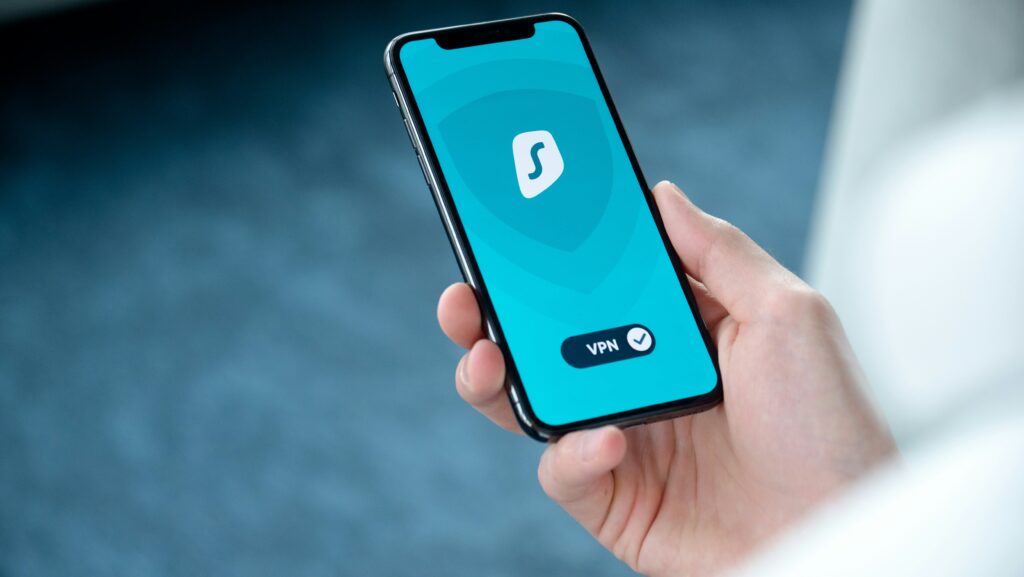In a shocking revelation, KnowBe4, a well-known cybersecurity awareness training company, was targeted by North Korean hackers who managed to get a fake IT worker hired within the firm. Despite the high level of sophistication used by the attackers, including a convincing cover identity and AI-enhanced application photos, KnowBe4’s vigilant monitoring systems quickly detected suspicious activities on the remote worker’s workstation. The malicious behavior was flagged as an insider threat, prompting immediate action by the firm’s Security Operations Center (SOC). The ruse was uncovered before any data could be compromised, highlighting the increasing need for robust vetting processes and advanced security measures against such state-sponsored threats. This case, detailed in a blog post by Deputy Editor James Coker, underscores the lengths to which North Korean entities will go to infiltrate Western companies, thus reinforcing the importance of continuous security vigilance. Have you ever wondered how far state-sponsored hackers will go to infiltrate organizations? It’s not just Hollywood plots anymore; it’s becoming a disturbing reality.

The Latest Cybersecurity Threat
In a striking incident, North Korean hackers have targeted the cybersecurity awareness training company, KnowBe4, using an audacious fake IT worker. The case, which could be straight out of a spy novel, showcases the extreme lengths these attackers are willing to go to disrupt and infiltrate Western companies.
What Happened?
Let’s delve into the nitty-gritty details. On July 23, 2024, KnowBe4 revealed that they had been duped into hiring a fake IT worker from North Korea. Thanks to their vigilant Security Operations Center (SOC), the malicious activity was identified and thwarted before any illegal access or data compromise could occur. But the entire ordeal left many gasping at the sheer sophistication North Korean attackers employed to create a believable cover identity.
A Sophisticated Deception
The attackers didn’t just throw together a resume and cross their fingers. They meticulously crafted an identity that passed KnowBe4’s extensive interview and background checks. The employee-to-be had a resume filled with credible yet stolen information. Even the photo provided was convincingly AI-enhanced to ensure a perfect match during video interviews.
The Underlying Issue
You might ask, why would North Korea go through all this trouble? The answer lies in two main goals: generating revenue for the Democratic People’s Republic of Korea (DPRK) government and conducting malicious cyber intrusions. Stu Sjouwerman, the CEO of KnowBe4, summed it up perfectly: “This is a well-organized, state-sponsored, large criminal ring with extensive resources.”
How a Fake Worker Gained Employment
Let’s break down how this elaborate scam unfolded:
- Job Advertisement: KnowBe4 advertised for a software engineer role within its internal IT AI team.
- Application Submission: A resume came in from an individual using a valid but stolen US-based identity. The photo was AI-enhanced to match the stolen identity convincingly.
- Interviews: Four separate video conference interviews confirmed the individual’s match to the provided photo.
- Background Checks: Standard background and pre-hiring checks were carried out and passed, given the stolen identity.
It’s almost mind-boggling how they managed to trick a highly reputed firm like KnowBe4. But it also underscores the necessity of more robust vetting processes.
Insider Threat Activity Begins
The real drama began once this “employee” was officially onboarded. KnowBe4 sent the remote worker a Mac workstation, which didn’t take long to start arousing suspicion. By 21:55 EST on July 15, the firm’s EDR (Endpoint Detection and Response) software detected unusual activities. These included downloading malware and other malicious actions aimed at manipulating session history files.
When contacted, the worker claimed he was troubleshooting a speed issue on his router. However, when pressed further for a video call, the worker became unresponsive. Realizing the gravity of the situation, the SOC contained the device by 22:20 EST and called in threat intelligence firm Mandiant and the FBI for further investigation.

The Dark World Behind IT Worker Scams
Investigations revealed that this fake employee was part of a North Korean-sponsored criminal outfit. Their modus operandi? Once successfully employed, these fake workers direct that workstations be sent to addresses that are essentially “IT mule laptop farms.” From there, they use VPNs to access the workstation from their actual locations, often North Korea or China.
As Stu Sjouwerman explained, “The scam is that they are actually doing the work, getting paid well, and give a large amount to North Korea to fund their illegal programs.”
How to Detect Fake IT Worker Scams
Now, you might wonder, how can companies avoid falling into such traps? Here’s what KnowBe4 learned from their ordeal:
Stronger Background Checks
- Flag Inconsistencies: Look out for any discrepancies, no matter how small, such as conflicting addresses or birth dates across different sources.
Reliable References
- Avoid Email References: Do not rely on references provided via email. Opt for phone or video calls to verify an individual’s past employment and background.
Better Resume Scanning
- Career Inconsistencies: Be vigilant about scanning resumes for any gaps or oddities in career progression.
Physical Verification
- Geographical Confirmation: Ensure remote IT workers are physically located where they claim to be. This can be cross-verified through different means.
Direct Interaction
- Video Interviews: Make sure to get these people on video and have detailed discussions about the work they are doing.
Enhanced Monitoring
- Device Scanning: Implement rigorous monitoring measures to ensure remote access is legitimate and authorized.
Strengthen Access Controls
- Access Management: Review and tighten access controls and authentication processes to prevent unauthorized access.
Security Awareness Training
- Educate Employees: Train employees, including HR teams, about these sophisticated tactics. Knowledge is your first line of defense.
Below is a table summarizing these preventive measures for easy reference:
| Preventive Measure | Description |
|---|---|
| Stronger Background Checks | Flag inconsistencies in addresses, and dates of birth |
| Reliable References | Avoid email references; prefer phone or video calls |
| Better Resume Scanning | Look for career inconsistencies and gaps |
| Physical Verification | Ensure remote IT workers are physically where they claim |
| Direct Interaction | Get individuals on video and discuss their work |
| Enhanced Monitoring | Implement rigorous device scanning and access verification |
| Strengthen Access Controls | Review and enhance access controls and authentication |
| Security Awareness Training | Train employees about these tactics |

Real-World Implications
This incident isn’t just a cautionary tale; it’s a wake-up call. North Korean hackers, using highly sophisticated methods, are not just pulling off financial scams but are also infiltrating some of the most secure environments.
How Other Companies Can Prepare
Being proactive is key. If you’re running a company or are part of an HR or IT security team, you might want to consider the lessons learned from the KnowBe4 incident. Establish a multi-layered verification process that combines background checks, physical verification, and continuous monitoring. Remember, it’s not paranoia—it’s preparedness.
Conclusion
The KnowBe4 incident lays bare a disturbing reality: sophisticated state-sponsored hackers are willing to go to incredible lengths to infiltrate Western companies. As organizations continue to bolster their defenses, remember that vigilance and proactive measures are your best allies. Employ stronger background checks, avoid relying entirely on digital references, and keep your security awareness training up-to-date.
In an age where cyber threats are ever-evolving, staying one step ahead is not just advisable; it’s essential. It’s a jungle out there, but hey, with the right tools and awareness, you can safely navigate through it. Now, go and double-check those resumes and device logs, will you?

Source: https://www.infosecurity-magazine.com/news/north-korean-hackers-targeted/

